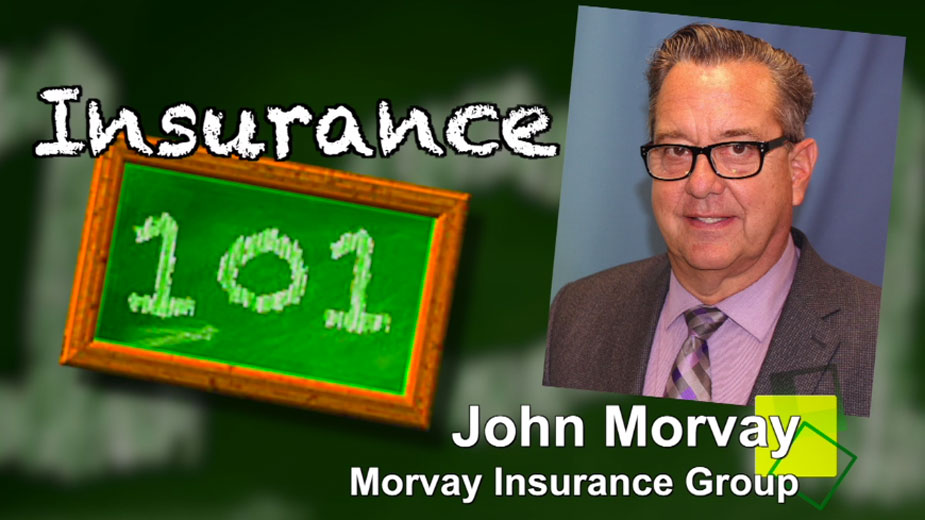Employers: Get Ready for Medicare Enrollment
John Woods is president of Insurance Navigators Agency in Warren and a past president of the Western Reserve Association of Health Underwriters.
In a few weeks everyone in the Mahoning Valley, in fact everyone in the country, will start to be bombarded on TV, radio and through direct mail with information about the 2019 Medicare plans. If you are Medicare eligible, you are going to get phone calls, as well as mail that, if stacked together, would easily measure one foot high. It’s the run-up to the annual fall enrollment season for Medicare plans, which begins Jan. 1.
Many employers themselves are not eligible for Medicare and therefore do not give it a second thought. But given three trends in our area – the aging population, more and more people working past age 65, and full Social Security retirement benefits not starting until age 66 – they should.
As employees get older, they are likely to have higher costs for health care, which can negatively impact the cost of health care for everyone in the company. However, many of your long-term older workers are your best workers. Employers who are trying to control their costs must know what they can and cannot do with their employees as they turn 65 and become eligible for Medicare.
So what is an employer to do?
The answer varies based on your current plan, the quality of the plan and the cost of the plan for the employee. The first thing you should do as an employer is educate yourself and then your eligible employees.
There are four parts to Medicare. They are: Part A or hospital, Part B or medical, Part C, which are Medicare Advantage Plans, and Part D, which are prescription drugs.
Employees become eligible for Medicare because of their age – turning 65 – and work history. It is also possible for an employee to become eligible if she is under 65, has been diagnosed with kidney failure or Lou Gehrig’s disease, is entitled to Social Security Disability or Railroad Retirement Board Disability and meets certain conditions.
There is much more to Medicare, but space is limited for this article. Call a member of the Western Reserve Association of Health Underwriters for more detailed information.
Once you determine eligibility, meet with the employee. In some one-on-one conversations with employees, it may be advantageous for them to move to either Medicare and a Medicare supplement or a Medicare Advantage Plan.
But there are just as many conversations in which the best option for the employee is to stay on the company’s plan. This is happening today because of the high cost and poor quality of individual health plans. If the employee covered by your health plan is older than her spouse, it is hard for them to replace the coverage for the spouse with a quality, affordable plan.
There are a couple of things you need to know from a compliance standpoint. First, you cannot force or financially entice one of your employees to move to Medicare. You can, however, educate them about their options and let them decide if it makes sense for them to move to Medicare because they could have better coverage at a lower cost.
Members of the Western Reserve Association of Health Underwriters are ready to educate you and your employee to make the best decision. Contact us and we will help. Go to WRAHU.org.
Copyright 2024 The Business Journal, Youngstown, Ohio.



